Intro
Learn about the healthy blood sugar range, normal glucose levels, and ideal blood glucose targets to manage diabetes and prediabetes, maintaining optimal sugar control and overall well-being.
Maintaining a healthy blood sugar range is crucial for overall well-being, as it helps prevent various health complications, including diabetes, heart disease, and nerve damage. Blood sugar levels fluctuate throughout the day, depending on factors such as diet, physical activity, and medication. Understanding the importance of blood sugar control and its impact on overall health is essential for making informed lifestyle choices.
The human body relies on blood sugar, also known as glucose, as its primary source of energy. The body's cells use insulin, a hormone produced by the pancreas, to absorb glucose from the bloodstream. When blood sugar levels are within a healthy range, the body functions optimally, and the risk of developing health problems is minimized. However, when blood sugar levels are consistently high or low, it can lead to a range of health issues, from mild symptoms like fatigue and dizziness to life-threatening conditions like diabetic ketoacidosis and hypoglycemic coma.
Blood sugar management is a critical aspect of health care, particularly for individuals with diabetes or prediabetes. By understanding the factors that influence blood sugar levels and taking steps to maintain a healthy range, individuals can reduce their risk of developing complications and improve their overall quality of life. This article will delve into the importance of maintaining a healthy blood sugar range, the factors that affect blood sugar levels, and provide practical tips for achieving and maintaining optimal blood sugar control.
Understanding Blood Sugar Levels
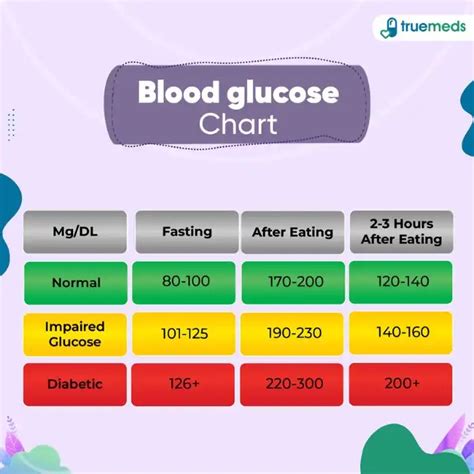
Blood sugar levels are measured in milligrams per deciliter (mg/dL) and are typically categorized into several ranges. A normal blood sugar range is typically considered to be between 70 and 140 mg/dL, although this can vary slightly depending on the individual and the time of day. Fasting blood sugar levels, which are measured after an overnight fast, are generally considered normal if they are below 100 mg/dL. Postprandial blood sugar levels, which are measured after eating, are typically considered normal if they are below 140 mg/dL.
Factors That Affect Blood Sugar Levels
Several factors can influence blood sugar levels, including diet, physical activity, medication, and hormonal changes. Consuming high-carbohydrate foods, such as sugary drinks and refined grains, can cause blood sugar levels to spike, while protein and healthy fats can help regulate blood sugar levels. Regular physical activity, such as walking or jogging, can also help improve insulin sensitivity and lower blood sugar levels.Maintaining a Healthy Blood Sugar Range
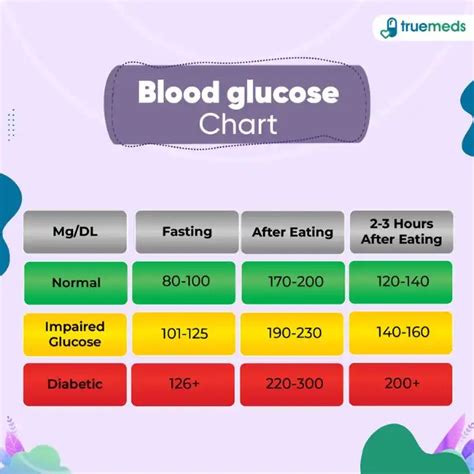
Maintaining a healthy blood sugar range requires a combination of lifestyle changes and medical interventions, if necessary. Here are some practical tips for achieving and maintaining optimal blood sugar control:
- Eat a balanced diet that is rich in whole foods, such as fruits, vegetables, whole grains, lean proteins, and healthy fats.
- Engage in regular physical activity, such as walking, jogging, or yoga, to improve insulin sensitivity and lower blood sugar levels.
- Monitor blood sugar levels regularly, using a glucose meter or continuous glucose monitoring system, to track progress and make adjustments as needed.
- Take medication as prescribed by a healthcare provider, if necessary, to help regulate blood sugar levels.
- Stay hydrated by drinking plenty of water throughout the day, as dehydration can cause blood sugar levels to rise.
Benefits of Maintaining a Healthy Blood Sugar Range
Maintaining a healthy blood sugar range has numerous benefits, including:- Reduced risk of developing diabetes and its complications, such as heart disease, kidney damage, and nerve damage.
- Improved energy levels and reduced fatigue, as the body is able to efficiently use glucose for energy.
- Enhanced cognitive function and reduced risk of dementia, as high blood sugar levels have been linked to cognitive decline.
- Improved overall quality of life, as maintaining a healthy blood sugar range can reduce the risk of health complications and improve physical and mental well-being.
Monitoring Blood Sugar Levels
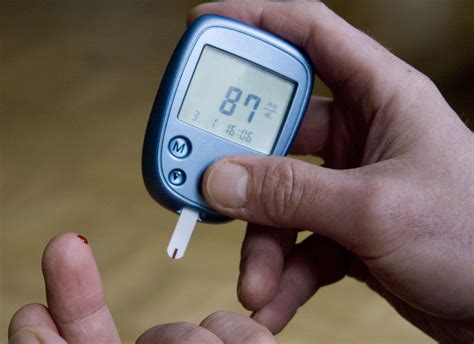
Monitoring blood sugar levels is an essential aspect of maintaining a healthy blood sugar range. There are several ways to monitor blood sugar levels, including:
- Fasting blood sugar tests, which measure blood sugar levels after an overnight fast.
- Postprandial blood sugar tests, which measure blood sugar levels after eating.
- Random blood sugar tests, which measure blood sugar levels at any time of day.
- Continuous glucose monitoring systems, which track blood sugar levels throughout the day and night.
Interpreting Blood Sugar Results
Interpreting blood sugar results requires an understanding of the different ranges and what they mean. Here are some general guidelines for interpreting blood sugar results:- Normal blood sugar range: 70-140 mg/dL
- Elevated blood sugar range: 140-180 mg/dL
- High blood sugar range: 180-250 mg/dL
- Very high blood sugar range: above 250 mg/dL
Treatment Options for High Blood Sugar
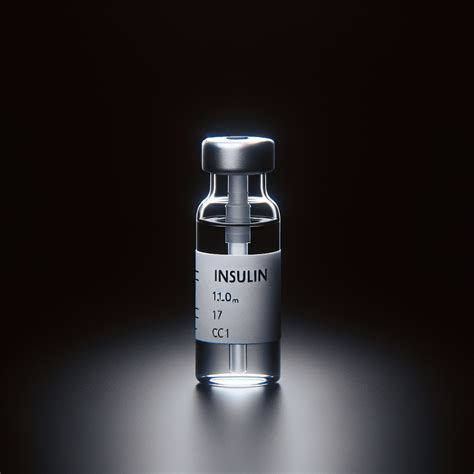
Treatment options for high blood sugar depend on the individual and the severity of their condition. Here are some common treatment options:
- Lifestyle changes, such as diet and exercise, to help regulate blood sugar levels.
- Medication, such as metformin or sulfonylureas, to help lower blood sugar levels.
- Insulin therapy, which involves injecting insulin to help regulate blood sugar levels.
- Bariatric surgery, which can help improve insulin sensitivity and lower blood sugar levels in individuals with obesity.
Preventing Low Blood Sugar
Preventing low blood sugar, also known as hypoglycemia, is essential for maintaining a healthy blood sugar range. Here are some tips for preventing low blood sugar:- Eat regular meals and snacks to maintain stable blood sugar levels.
- Monitor blood sugar levels regularly to track progress and make adjustments as needed.
- Avoid skipping meals or delaying eating, as this can cause blood sugar levels to drop.
- Keep a supply of glucose-rich foods, such as fruit or granola bars, on hand in case of an emergency.
Complications of High Blood Sugar
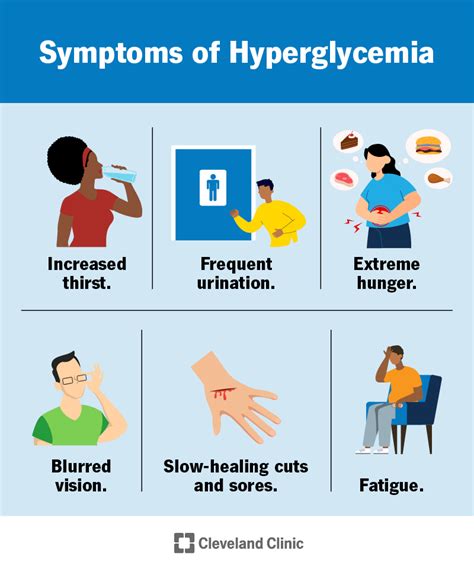
High blood sugar can lead to a range of complications, including:
- Heart disease and stroke, as high blood sugar levels can damage blood vessels and increase the risk of cardiovascular disease.
- Kidney damage, as high blood sugar levels can damage the kidneys and increase the risk of kidney failure.
- Nerve damage, as high blood sugar levels can damage the nerves and increase the risk of neuropathy.
- Blindness, as high blood sugar levels can damage the eyes and increase the risk of vision loss.
Managing Blood Sugar During Illness
Managing blood sugar during illness is crucial for maintaining a healthy blood sugar range. Here are some tips for managing blood sugar during illness:- Stay hydrated by drinking plenty of water and other fluids.
- Monitor blood sugar levels regularly to track progress and make adjustments as needed.
- Take medication as prescribed by a healthcare provider, if necessary, to help regulate blood sugar levels.
- Eat small, frequent meals to maintain stable blood sugar levels.
Conclusion and Next Steps

In conclusion, maintaining a healthy blood sugar range is essential for overall health and well-being. By understanding the factors that affect blood sugar levels and taking steps to maintain a healthy range, individuals can reduce their risk of developing complications and improve their overall quality of life. If you are concerned about your blood sugar levels or would like to learn more about maintaining a healthy blood sugar range, consult with a healthcare provider or registered dietitian for personalized guidance and support.
We invite you to share your thoughts and experiences with maintaining a healthy blood sugar range in the comments below. Additionally, if you found this article informative and helpful, please share it with others who may benefit from this information.
What is a healthy blood sugar range?
+A healthy blood sugar range is typically considered to be between 70 and 140 mg/dL, although this can vary slightly depending on the individual and the time of day.
How can I maintain a healthy blood sugar range?
+Maintaining a healthy blood sugar range requires a combination of lifestyle changes and medical interventions, if necessary. This includes eating a balanced diet, engaging in regular physical activity, monitoring blood sugar levels regularly, and taking medication as prescribed by a healthcare provider.
What are the complications of high blood sugar?
+High blood sugar can lead to a range of complications, including heart disease and stroke, kidney damage, nerve damage, and blindness.
